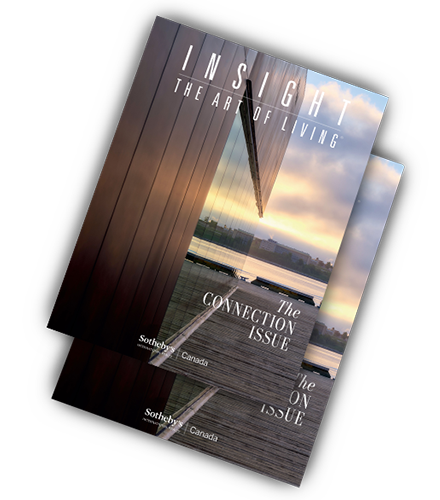LEED® (Leadership in Energy and Environmental Design) is a globally recognized rating system for sustainable and environmentally friendly commercial buildings and homes. Here is what you should know about LEED® Certified homes.
The Rating System
LEED® Certification is based on a point system where different elements of sustainable construction are assigned a value. Some areas categories include:
- Selection of sustainable location or site
- Water efficiency
- Energy conservation and efficiency
- Use of sustainable materials for construction
- Use of energy-efficient appliances and utilities
- Indoor air quality maintenance
There are four levels of LEED® certification, which include:
- Platinum: 80 or more points
- Gold: 60-79 points
- Silver: 50-59 points
- Certified: 40-49 points
There are many reasons why people seek LEED® certified buildings. Here are the six most popular reasons:
Health and comfort
LEED® homes prioritize indoor air quality by using non-toxic paints and building materials, HRB (heat recovery ventilation) systems, and low-VOC (volatile organic compound) adhesives and finishes.
Reduced Costs
LEED® certified homes use energy efficient appliances and systems including solar window screens to reduce heat during warmer month, solar water heaters to generate hot water, wind or solar power electric generation systems, and more. Homes that are LEED® certified consume anywhere from 30% to 70% less energy than non LEED® homes and can reduce water consumption by up to 50%. This can lead to major savings on utility bills.
Tax Incentives and Rebates
The Government of Canada offers several programs to encourage more sustainable living such as the Canada Greener Homes Grant which offers grants of up to $5,000 for retrofits including home insulation, heat pumps, and solar panels. The Canada Greener Homes Loan provides interest-free financing from $5,000 to $40,000 to put toward major retrofits to be paid off over 10 years, while the Oil to Heat Pump Affordability Program offers up to $10,000 to help households with median income or less transition from oil to more efficient heating systems. Each province as well as certain municipalities also offer their own to encourage Canadians to live more sustainably.
Resiliency and Durability
LEED® homes use superior insulation and building materials that are made to withstand damages related to extreme weather conditions including storms, floods, and wildfires.
Increased Market Value
Several studies have shown that LEED® certified homes tend to have a higher resale value than other homes, as more consumers are looking to live more sustainably. Because they are often built with recycled materials, building costs can be lower as well.
Environmental Benefits
Of course, the main benefit of LEED® certification is the system’s positive influence on the environment. Being LEED® certified leads to reduced waste, reduced energy and water consumption, lower CO2 and other greenhouse gas emissions, and more.



